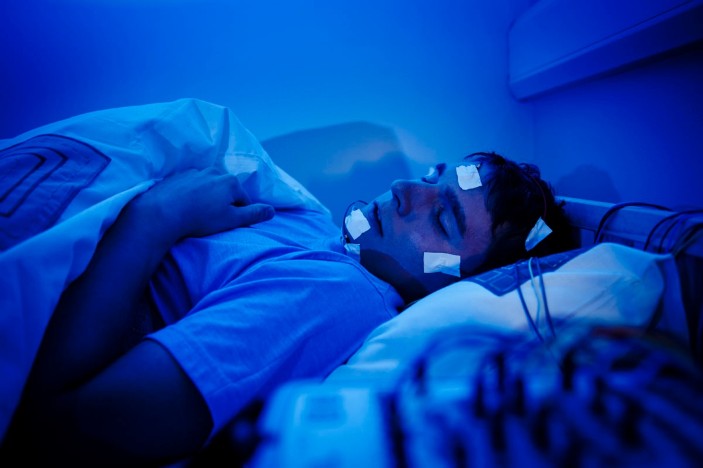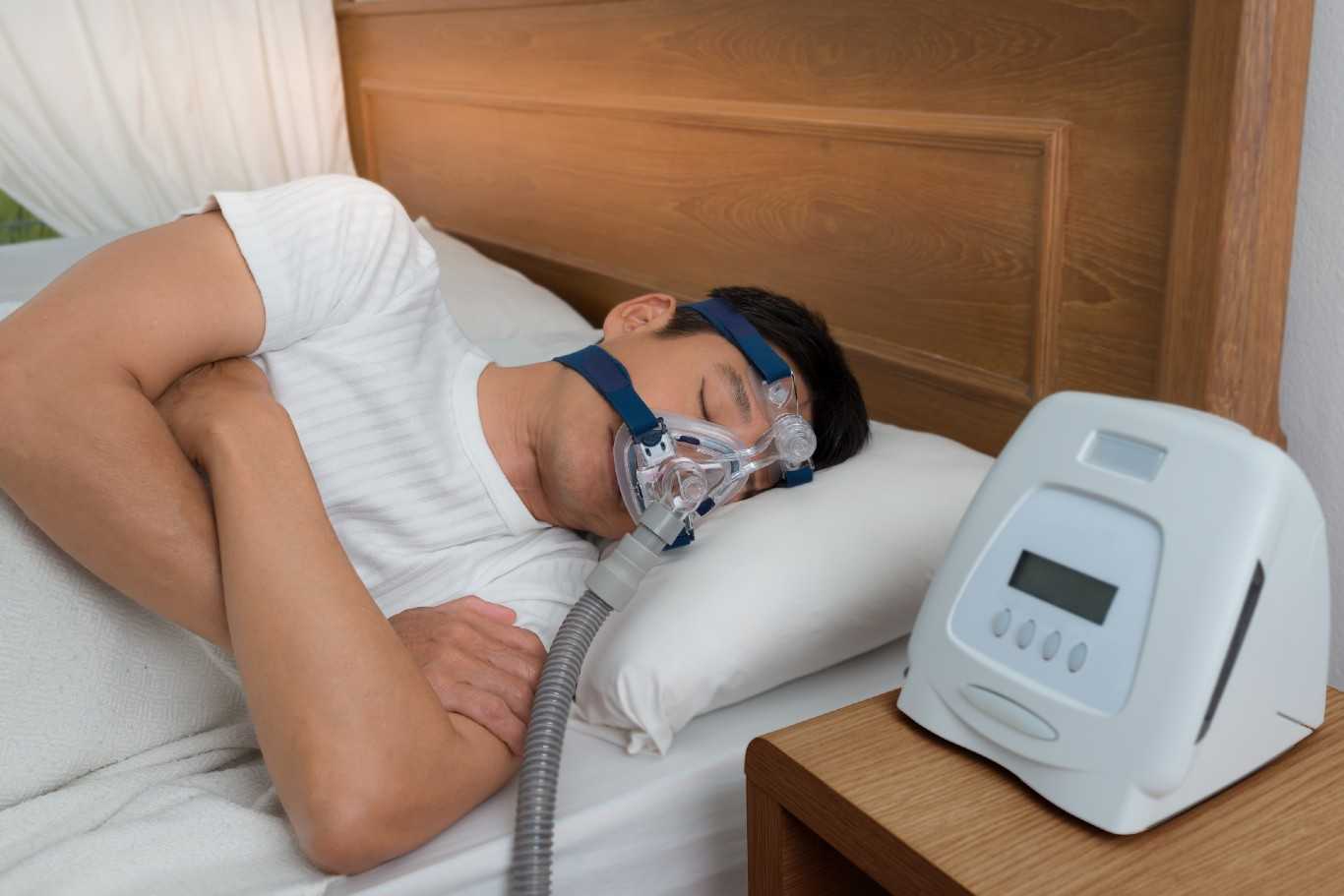Efficient Treatment Solutions for Handling Rest Disorders and Enhancing Relaxing Sleep
In the world of medical care, the administration of rest conditions and the mission for restful rest are pivotal parts of general health. Efficient treatment options offer a diverse approach to deal with these challenges, varying from cognitive behavior interventions to alternative techniques that promote leisure and mindfulness. The expedition of different methods, including the assimilation of medication and light therapy, opens up a world of possibilities in the quest of better rest quality. As we browse the complex landscape of sleep conditions and seek to boost our sleep experience, a much deeper understanding of these treatment options might hold the key to unlocking an extra relaxing and meeting corrective trip.
Cognitive Behavioral Treatment for Insomnia (CBT-I)
Cognitive Behavior Treatment for Sleep Problems (CBT-I) is a structured, evidence-based treatment approach that concentrates on dealing with the hidden variables adding to sleep disturbances. This sort of therapy aims to change actions and ideas that aggravate sleeping disorders, ultimately promoting healthy rest patterns. CBT-I normally entails numerous vital parts, consisting of cognitive therapy, rest limitation, stimulus control, and sleep hygiene education.
Cognitive therapy helps individuals recognize and alter unfavorable idea patterns and ideas about rest that may be impeding their capability to fall or stay asleep. Sleep constraint entails limiting the quantity of time invested in bed to match the person's real rest duration, thus increasing rest effectiveness (sleep deprivation help). Stimulus control methods help develop a solid association in between the bed and sleep by motivating individuals to go to bed just when sleepy and to prevent engaging in stimulating tasks in bed
Moreover, rest health education and learning concentrates on developing healthy rest behaviors, such as maintaining a constant rest schedule, producing a relaxing bedtime routine, and maximizing the rest environment. By addressing these factors thoroughly, CBT-I provides a reliable non-pharmacological treatment for managing sleeping disorders and improving overall rest quality.
Rest Health Practices
Having established the structure of cognitive restructuring and behavior modifications in dealing with sleeplessness with Cognitive Behavior modification for Sleeplessness (CBT-I), the focus currently changes towards checking out essential Sleep Hygiene Practices for preserving optimal rest top quality and general wellness.
Rest health practices encompass a series of practices and ecological elements that can substantially influence one's ability to fall asleep and stay asleep throughout the evening. Regular rest and wake times, producing a relaxing bedtime routine, and maximizing the rest environment by maintaining it dark, quiet, and cool are crucial parts of excellent sleep health. Restricting exposure to screens before bedtime, staying clear of stimulants like caffeine near to bedtime, and involving in regular physical task throughout the day can also advertise far better rest top quality.
Additionally, practicing relaxation methods such as deep breathing workouts or meditation prior to bed can help calm the mind and prepare the body for rest. By integrating these sleep hygiene techniques right into one's daily routine, individuals can develop a healthy rest pattern that sustains peaceful sleep and total wellness.
Relaxation Strategies and Mindfulness
Carrying out relaxation methods and mindfulness methods can play a crucial function in cultivating a feeling of calm and promoting high quality rest. Additionally, guided imagery can aid transport individuals to a serene area in their minds, assisting in stress and anxiety decrease and boosting sleep quality.
Mindfulness practices, such as meditation and yoga, are additionally reliable in advertising leisure and improving sleep. Mindfulness motivates people to remain existing in the minute, releasing fret about look at here now the past or future. By integrating these methods into a bedtime routine, people can indicate to their bodies that it is time to prepare and take a break for rest. In general, integrating relaxation methods and mindfulness methods can dramatically add to taking care of rest resource problems and boosting general sleep top quality.

Medicine Options for Sleep Disorders
After discovering relaxation techniques and mindfulness practices as non-pharmacological interventions for boosting sleep high quality, it is necessary to take into consideration medication alternatives for people with rest conditions. In instances where lifestyle changes and therapy do not provide adequate alleviation, medication can be a beneficial tool in taking care of rest disturbances.
Generally prescribed medications for sleep disorders include benzodiazepines, non-benzodiazepine hypnotics, antidepressants, and melatonin receptor agonists. Benzodiazepines, such as diazepam, are sedatives that can aid generate rest, yet they are usually suggested for short-term use because of the danger of reliance. Non-benzodiazepine hypnotics like zolpidem are also used to treat sleeplessness and have a reduced risk of dependence compared to benzodiazepines. Antidepressants, such as trazodone, can be helpful for individuals with co-occurring depression and rest disruptions. Melatonin receptor agonists, like ramelteon, target the body's all-natural sleep-wake cycle and can be practical for controling sleep patterns.
It is essential for individuals to speak with a doctor to establish the most appropriate medicine option based on their certain rest condition and medical history.
Light Therapy for Body Clock Law
Light therapy, also understood as photo-therapy, is a non-invasive treatment technique utilized to control body clocks and enhance sleep-wake cycles. This therapy entails exposure to intense light that imitates natural sunlight, which helps to reset the body's body clock. By exposing individuals to specific wavelengths of light, usually in the early morning or evening depending on the desired effect, light treatment can efficiently website here change the body clock to promote wakefulness throughout the day and boost peaceful sleep during the night.
Research has shown that light treatment can be specifically useful for people with circadian rhythm conditions, such as postponed sleep stage disorder or jet lag. It can also be helpful for those experiencing seasonal affective disorder (SAD), a sort of anxiety that typically occurs during the winter months when natural light exposure is minimized. Light therapy is typically well-tolerated and can be used in combination with other treatment techniques for sleep disorders to enhance results and enhance general rest top quality.
Conclusion
To conclude, reliable therapy services for managing sleep disorders and improving peaceful sleep include Cognitive Behavioral Treatment for Sleeping Disorders (CBT-I), rest health practices, relaxation techniques and mindfulness, medication choices, and light treatment for body clock guideline. These approaches can assist individuals improve their sleep quality and total health. It is very important to seek advice from with a doctor to identify the most appropriate approach for dealing with sleep issues.
As we browse the complex landscape of sleep disorders and seek to boost our sleep experience, a much deeper understanding of these treatment remedies may hold the trick to opening a much more refreshing and fulfilling corrective journey.
Sleep constraint involves limiting the quantity of time invested in bed to match the person's actual rest period, thus enhancing rest effectiveness. Consistent sleep and wake times, developing a relaxing going to bed regimen, and enhancing the sleep setting by keeping it dark, peaceful, and cool are vital elements of good sleep health. Light therapy is normally well-tolerated and can be utilized in combination with other treatment techniques for sleep problems to optimize results and improve total sleep top quality.

Comments on “Cutting-edge Insomnia Solutions - Discover What Works for You”